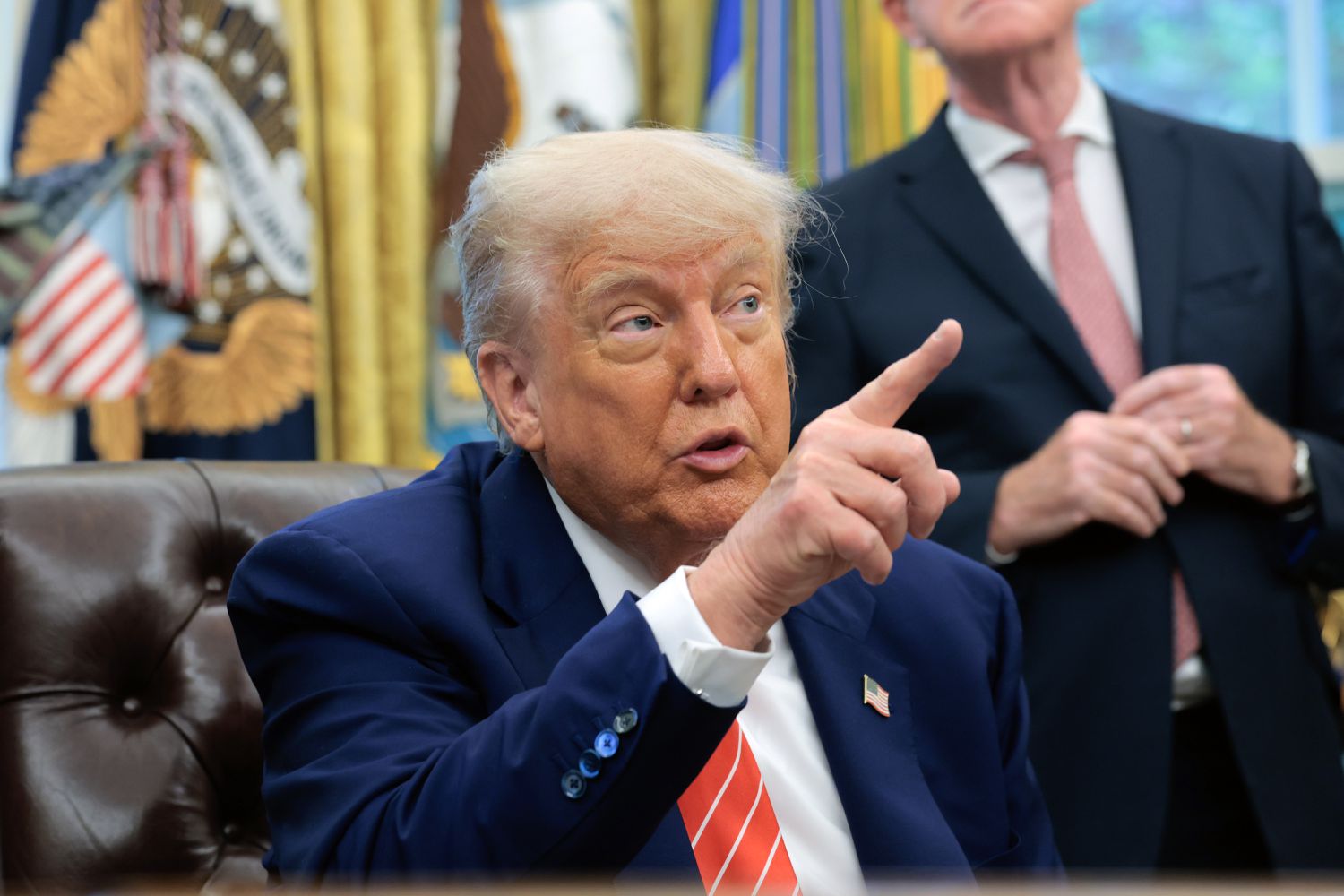
Key Takeaways
- The U.S. and U.K. announced a trade deal framework on Thursday, boosting Wall Street’s hopes for more deals to come.
- U.S. and Chinese officials are scheduled to meet in Switzerland this weekend to hold their first talks since the beginning of a tit-for-tat trade war that White House officials have compared to an embargo.
- Some analysts are skeptical markets will get much clarity out of this weekend’s talks, considering the scale and complexity of U.S.-China trade and the animosity between the world’s two largest economies.
Stocks were buoyed Thursday by a U.S.-U.K. trade agreement, the first deal to come out of a month of negotiations. Now the question is: Can future deals continue to impress Wall Street?
The U.S. and U.K. announced a trade deal framework yesterday that eases automobile, steel, and aluminum tariffs, and opens the British market up to an estimated $6 billion of U.S. goods. The deal also included a commitment by a U.K. airline to purchase more than $10 billion worth of Boeing (BA) jets, an acquisition announced by British Airways parent IAG on Friday.
The framework leaves in place a 10% tariff on all imports, a sign to some that the baseline rate isn’t going anywhere.
US and China to Begin Talks This Weekend
“If the 10% global tariff is here to stay, the only other major tariff relief could come from a de-escalation with China,” Michael Pearce, Deputy Chief U.S. Economist at Oxford Economics, wrote on Thursday.
American and Chinese officials will meet in Switzerland this weekend to hold their first talks since the onset of their tit-for-tat trade war.
The stakes are high. Shipments from China to the U.S. reportedly slumped more than 20% in April after Trump raised tariffs by more than 100%. Treasury Secretary Scott Bessent has called current rates “unsustainable” and said the world’s two largest economies have effectively embargoed each other. Trump on Friday floated the idea of lowering duties on Chinese goods to 80% from a maximum of 145% today.
Does UK Deal Bode Well for China Talks?
The U.K. “deal was low-hanging fruit,” Pearce wrote. The U.S., he notes, runs a trade surplus with the U.K., meaning Britain never was subject to the “reciprocal” tariffs announced on April 2. The two countries also have a long history of cooperation.
It will be much harder to develop a similar framework with China, considering both the scale of trade and the animosity between the two parties. Given the challenges, “we are sceptical that tariff relief is on the near-term horizon,” Pearce said.
Trump has said this weekend’s talks with China could be “substantive,” but the scope of the U.K. deal could temper Wall Street’s expectations. “Tellingly, the deal did not touch on more contentious issues, such as opening healthcare markets to US providers or the UK’s digital services tax,” Pearce wrote. That could signal that “other countries will be unwilling to offer significant politically difficult concessions in return for minor tariff relief.”
Economists at middle-market consultancy RSM dubbed Thursday’s framework “the U.S.-UK trade agreement that isn’t.” They called the framework “neither comprehensive nor complete,” and said it “does not provide the clarity necessary to lift the fog of uncertainty.”
A U.K. trade deal may be a cakewalk compared with China, but it’s still “an important test case and a model for what could be accomplished,” says Chris Zaccarelli, Chief Investment Officer at Northlight Asset Management. “If the administration can follow this up with additional agreements, it would go a long way toward healing a stock market that has been battered and bruised this year.”

Leave a Reply